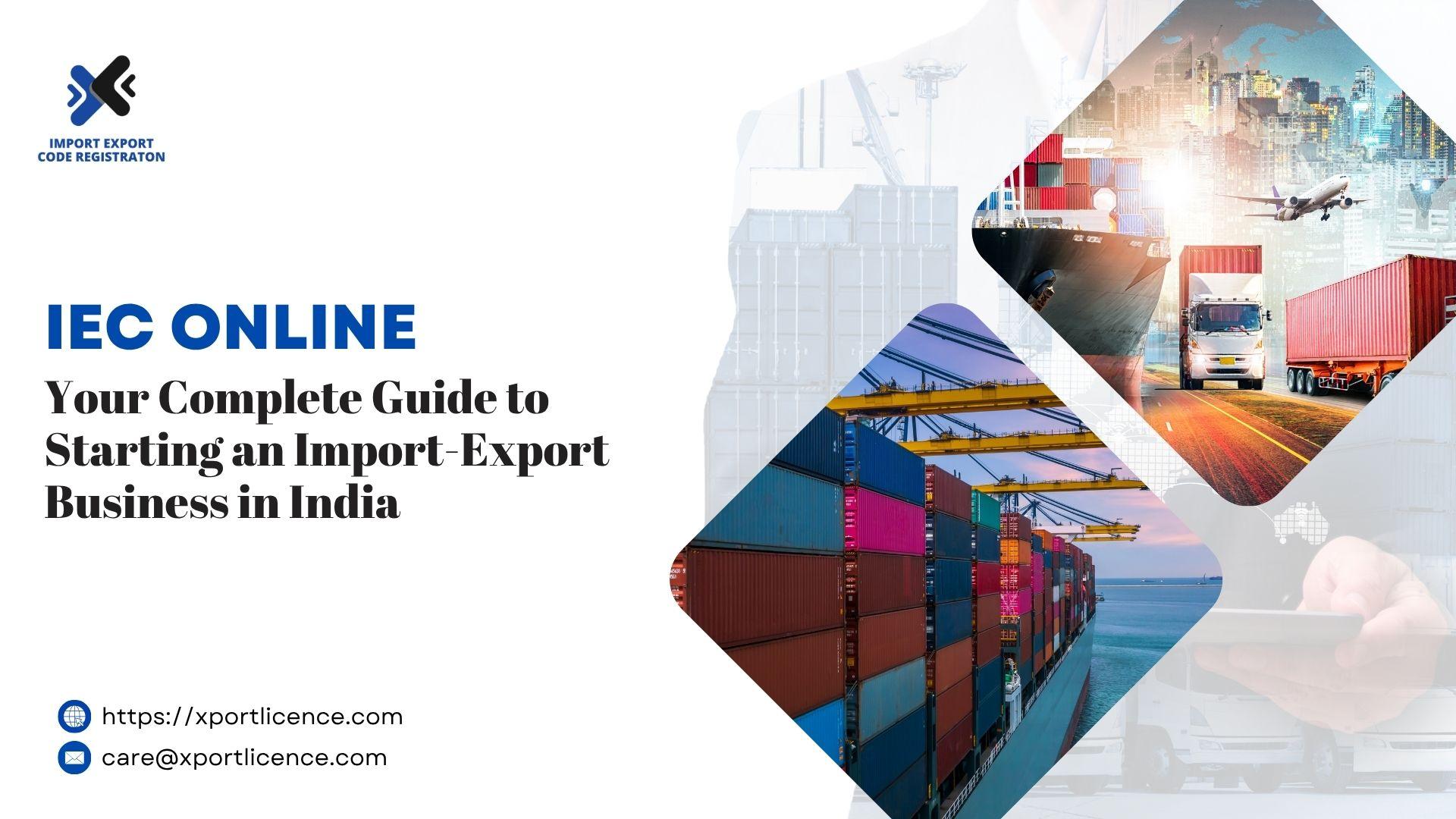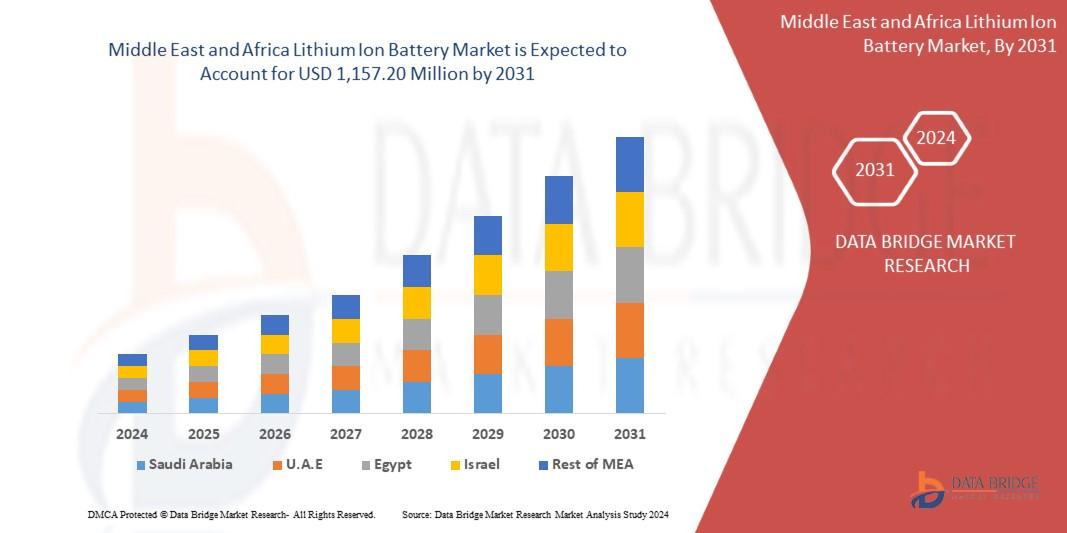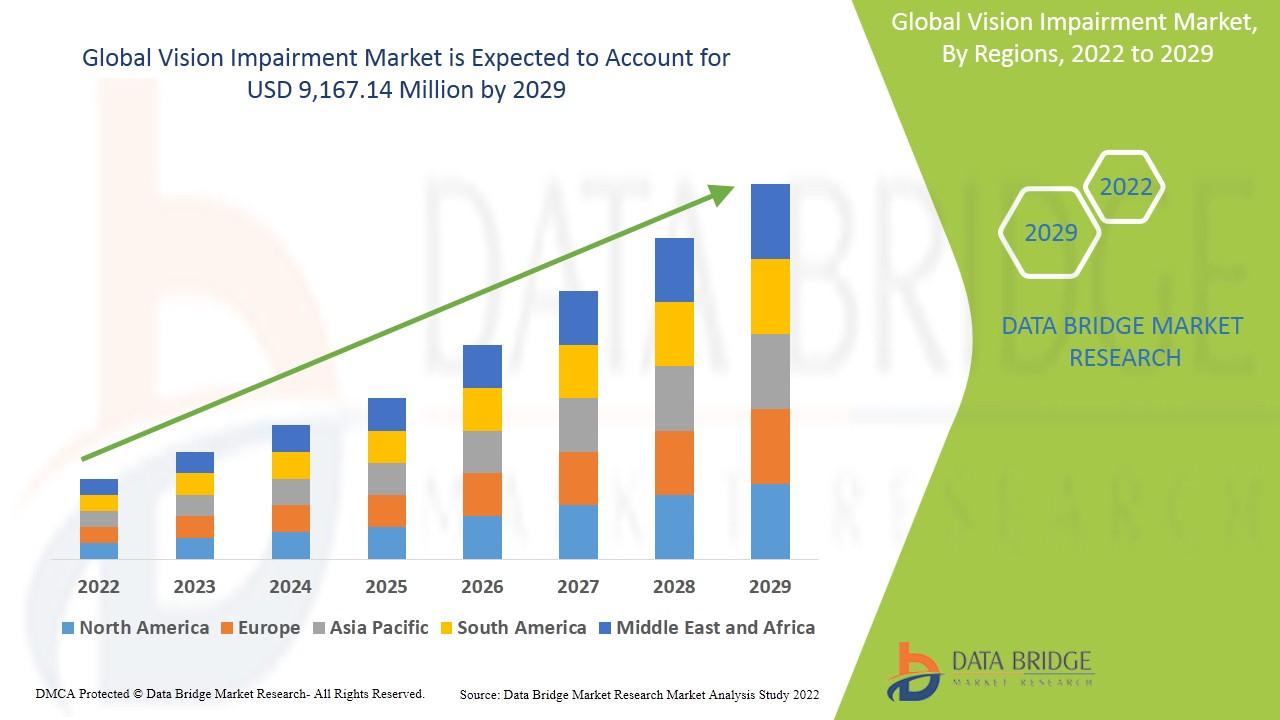IEC Registration: Your Complete Guide to Starting an Import-Export Business in India

Starting an import-export business in India can be one of the most profitable ventures in today’s globalized economy. With increasing international trade opportunities, more entrepreneurs are expanding their businesses beyond borders. However, before you can trade goods or services globally, there is one crucial requirement: IEC Registration, also known as the Import Export Code.
This article serves as a complete guide to IEC registration, covering its meaning, importance, benefits, eligibility, required documents, application process, fees, and much more. By the end, you’ll have a clear roadmap to legally start your import-export business in India.
What Is IEC Registration?
IEC (Import Export Code) is a 10-digit alphanumeric code issued by the Directorate General of Foreign Trade (DGFT), under the Ministry of Commerce and Industry, Government of India.
This code acts as a business identification number that allows individuals and companies to import or export goods and services from India. Without an IEC code, it is not possible to engage in cross-border trade.
Simply put, if you want to start an international trading business, be it exporting Indian handicrafts, importing machinery, or providing global services, IEC registration is your first legal step.
Why IEC Registration Is Important
IEC registration is not just a formality; it’s a legal requirement for businesses involved in foreign trade. Here’s why it’s essential:
-
Mandatory for Import and Export: No individual or entity can import or export goods or services without a valid IEC code.
-
Facilitates International Trade: It acts as a passport for your business in the global marketplace.
-
Government Benefits: Businesses with an IEC can avail of export incentives, duty drawbacks, and subsidies under schemes like MEIS (Merchandise Exports from India Scheme).
-
Banking Compliance: Banks require an IEC code when sending or receiving money in foreign currency.
Thus, IEC registration is the foundation of any import-export business in India.
Who Needs IEC Registration?
IEC registration is mandatory for the following entities:
-
Individuals who import or export goods for business purposes.
-
Companies, LLPs, partnership firms, and proprietorship firms are engaged in international trade.
-
Exporters of services, such as IT or consultancy, that receive payment in foreign currency.
-
E-commerce businesses that sell internationally through platforms like Amazon Global or Alibaba.
However, there are some exceptions. Government departments, ministries, and notified charitable institutions are exempt from obtaining an IEC.
Benefits of IEC Registration
IEC registration offers several advantages to business owners and entrepreneurs who want to go global:
Legal Authorization for Global Trade
IEC registration gives your business legal permission to conduct international trade operations — both import and export.
Expands Business Reach
With an IEC code, your business can reach international markets, attract global customers, and increase revenue potential.
Avail Government Schemes and Incentives
Registered exporters can claim benefits such as duty drawback, export subsidies, and tax exemptions from the government.
Facilitates International Banking
IEC is mandatory for sending or receiving money in foreign currencies, making global transactions smoother.
Builds Credibility
An IEC-registered business appears more trustworthy to foreign buyers and suppliers, increasing business opportunities.
Documents Required for IEC Registration
Before applying for IEC registration, keep the following documents ready:
For Individuals or Proprietorship Firms:
-
PAN Card of the applicant
-
Aadhaar Card or Voter ID
-
Passport-size photograph
-
Proof of business address (electricity bill, rent agreement, etc.)
-
Bank account details and canceled cheque
For Partnership, LLP, or Company:
-
PAN Card of the firm/company
-
Incorporation Certificate or Partnership Deed
-
Provide proof of the business premises
-
PAN and Aadhaar of the directors/partners
-
Bank details and canceled cheque
-
Digital Signature (for companies)
Step-by-Step Process for IEC Registration Online
Access the IEC Registration Portal: Visit the official IEC Registration website, where you can apply for your Import Export Code online.
Fill Out the Online Form: Enter all required details carefully, such as your business name, type of enterprise, PAN number, and contact information.
Submit the Application: Review your form to make sure all information is correct, then submit it through the portal.
Pay the Registration Fee: Complete the payment securely online by following the instructions shown on the portal.
Application Processing: After payment confirmation, your application will be reviewed by the registration team for verification.
Receive Your IEC Certificate: Once approved, your IEC Registration Certificate will be sent to your registered email, usually within 1 to 2 hours.
When Is IEC Not Required?
You do not need an IEC code in the following situations:
-
When importing/exporting goods for personal use and not for business.
-
For government departments and ministries involved in trade.
-
For the import/export of goods for charitable purposes, as notified by the government.
-
When import/export is done under specific exemptions granted by DGFT.
How to Use Your IEC Code After Registration
Once you receive your IEC, you can start using it for:
-
Importing or exporting goods and services.
-
Claiming export incentives and refunds.
-
Making or receiving international payments.
-
Registering with customs, banks, and shipping agents.
-
Expanding business operations in global markets.
Essentially, the IEC becomes your international business identity.
Advantages of Having an IEC for MSMEs and Startups
For MSMEs and startups, IEC registration offers enormous potential:
-
Access to international markets and new buyers.
-
Eligibility for export promotion schemes and government incentives.
-
Increased business credibility and brand recognition abroad.
-
Helps attract foreign investments and partnerships.
With India’s growing emphasis on “Make in India” and “Export-Led Growth,” IEC registration empowers small and medium enterprises to compete globally.
Note:- Now you can easily update and renew the iec code online
Conclusion
IEC registration is the gateway to international business success. Whether you’re a small entrepreneur, a growing MSME, or a service provider, obtaining an IEC code enables you to trade globally, receive payments in foreign currency, and access government incentives.
With the process being fully online, affordable, and straightforward, there’s no reason to delay your registration. Start today, get your IEC certificate, and open the door to endless global opportunities.








